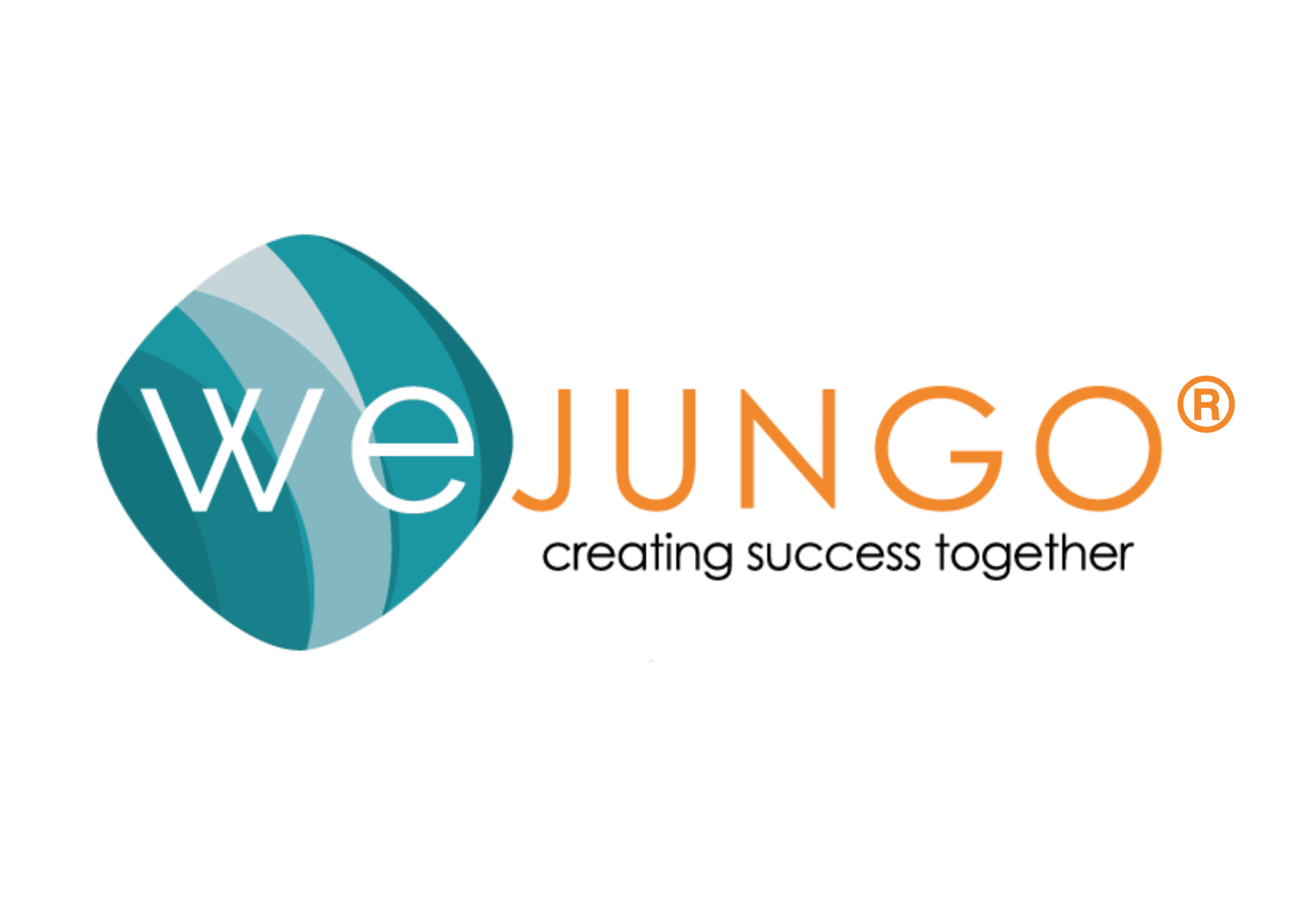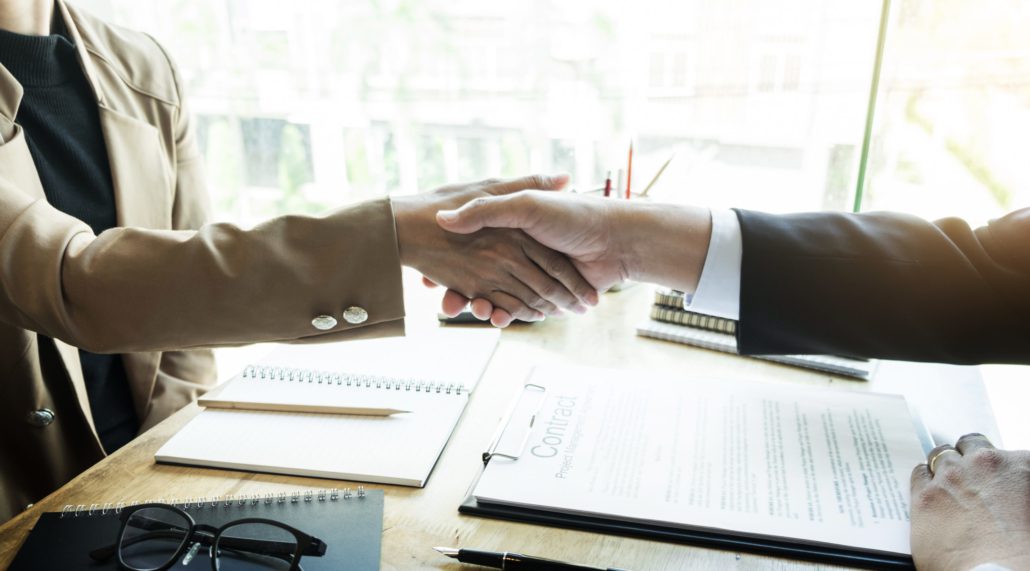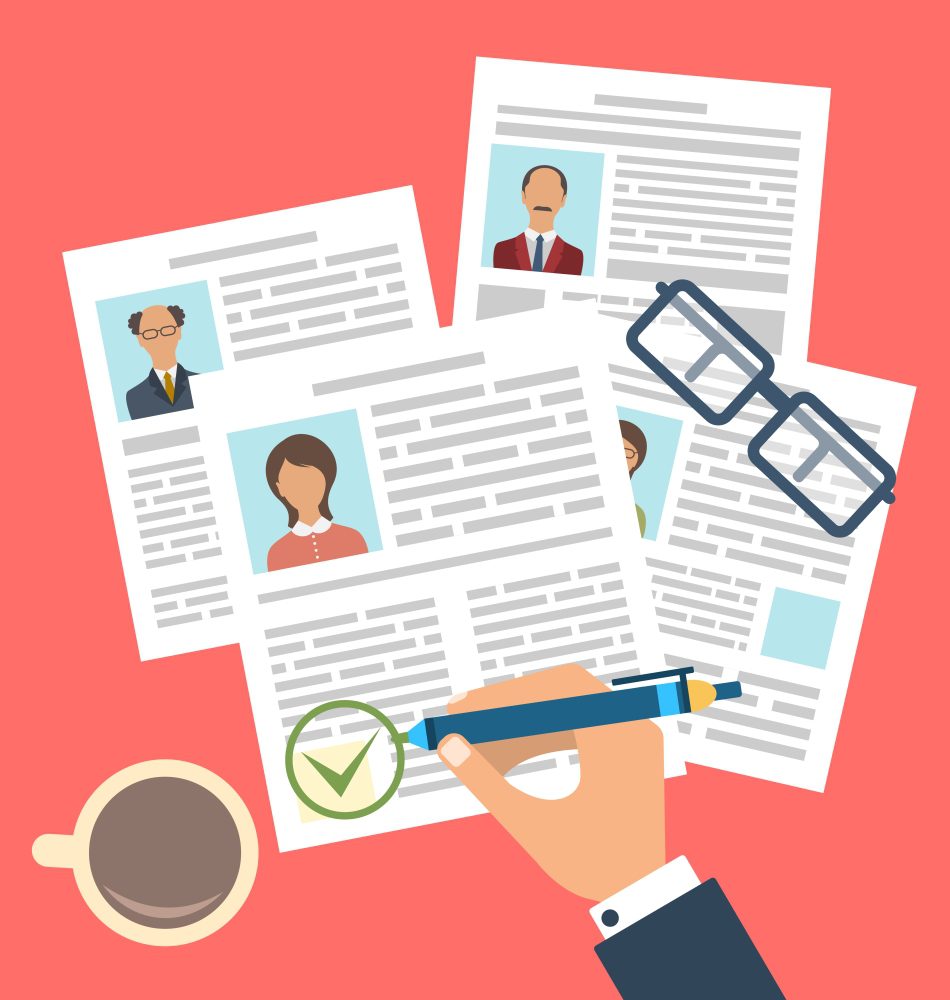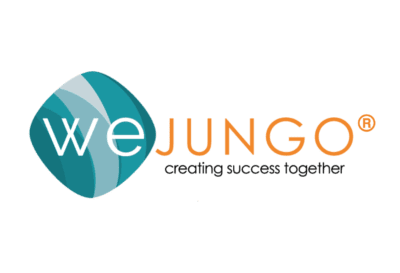2 of 3 Interview Tips to help companies HIRE RIGHT the First Time: PART 2
Have you ever bonded with an interviewee over your obsession with dogs or felt a connection with a candidate because you both grew up in Florida?
When interviewing, we all want to believe we are fair and that we will pick the best person for the job, right? But too commonly, we unknowingly have judgments or assumptions that lead us to “like” a person or not, and then convince ourselves that the candidates we like are the most qualified ? and almost always, we are wrong.
When we find commonalities with someone, we tend to perceive them in a more positive light. Subconsciously, we gravitate to those similar and familiar to us.When you have a crucial job opening to fill, it can be easy to fall in love with that candidate who presents well, has a great resume, and tells you exactly what you want to hear.
Whether we think about it or not, as humans, we are making judgments about an individual. During an interview, most interviewers are quick to judge a person because of their name, fashion style, posture or even the firmness of their handshake. In fact, psychology researcher, Tricia Prickett at the University of Toledo, wanted to find out if interviews even mattered for hiring ? she discovered even “professional psychologists” were biased interviewers. Read the shocking results here.
Don’t Be a 10-Second Interviewer
Laszlo Bock who is founder and CEO of Humu (and formerly the Senior Vice President of People Operations at Google) couldn’t have said it better, “Most interviews are a waste of time because 99.4% of the time is spent trying to confirm whatever impression the interviewer formed in the first 10 seconds.”
According to Tricia Prickett a typical interviewer, if not properly trained, will make a snap judgment about a candidate. Yikes! No wonder it’s really hard for us to hire the RIGHT fit when we’re so powerfully guided by subconscious and unconscious biases.
Gut Feeling = Bias
Did you know that according to the US Department of Labor, the price of a bad hire is at minimum 33% of the employee’s first-year earnings? That’s the minimum! For a small or mid-sized company, a five-figure investment in the wrong person is a threat to the very existence of that business. Yet, managers and supervisors are thrown into interviewing with ZERO training on how to interview well, leaving far too many hiring decisions to chance and “trusting your gut” about a candidate.
As a result, we’ve heard hundreds of stories from clients over the years that go like this, “His/Her resume was perfect and he/she did so well in the interview, but he/she isn’t working out for us. I don’t get it?” According to Business Insider, gut hires lead to a roughly 50% hiring failure rate. That’s hugely expensive, time consuming, and directly hurts employee morale and employer reputation hitting a
company’s bottom-line.
So, What Can YOU Do to Reduce Your Bias?
There are a few simple tricks you can use to curb the consequences of our biases during an interview. Check out a 2-minute video with Susie Japs sharing this life-changing tip that our clients love: How to Stop Your Bias.
Admit biases exist

Equal out your bias
If you like a candidate, just for a moment, ask them harder question. Why? Because our natural bias of liking somebody will unconsciously steer us to be easier on them without realizing it! Asking candidates who you like a more complex question for a moment will help you become objective and balance out your bias.
If you dislike a candidate, “Ugh, they were late and they’re saying things I totally don’t agree with!” ? just for one moment, ask them an easier question. Why? Because, our natural response to our bias of disliking somebody will be to
be tougher on the candidate than a person we liked. Think about it, even how you ask the questions and your body language, everything is different than if you liked someone.
It’s hard to admit that we can be biased even when we’re trying not to be. And, with more companies making diversity and inclusion top priorities, it’s now more important than ever that we make an intentional effort to overcome our biases and take actions to equal them out.
Interview thoroughly, assess objectively, and you’ll increase the chances that you will hire the best candidate!





